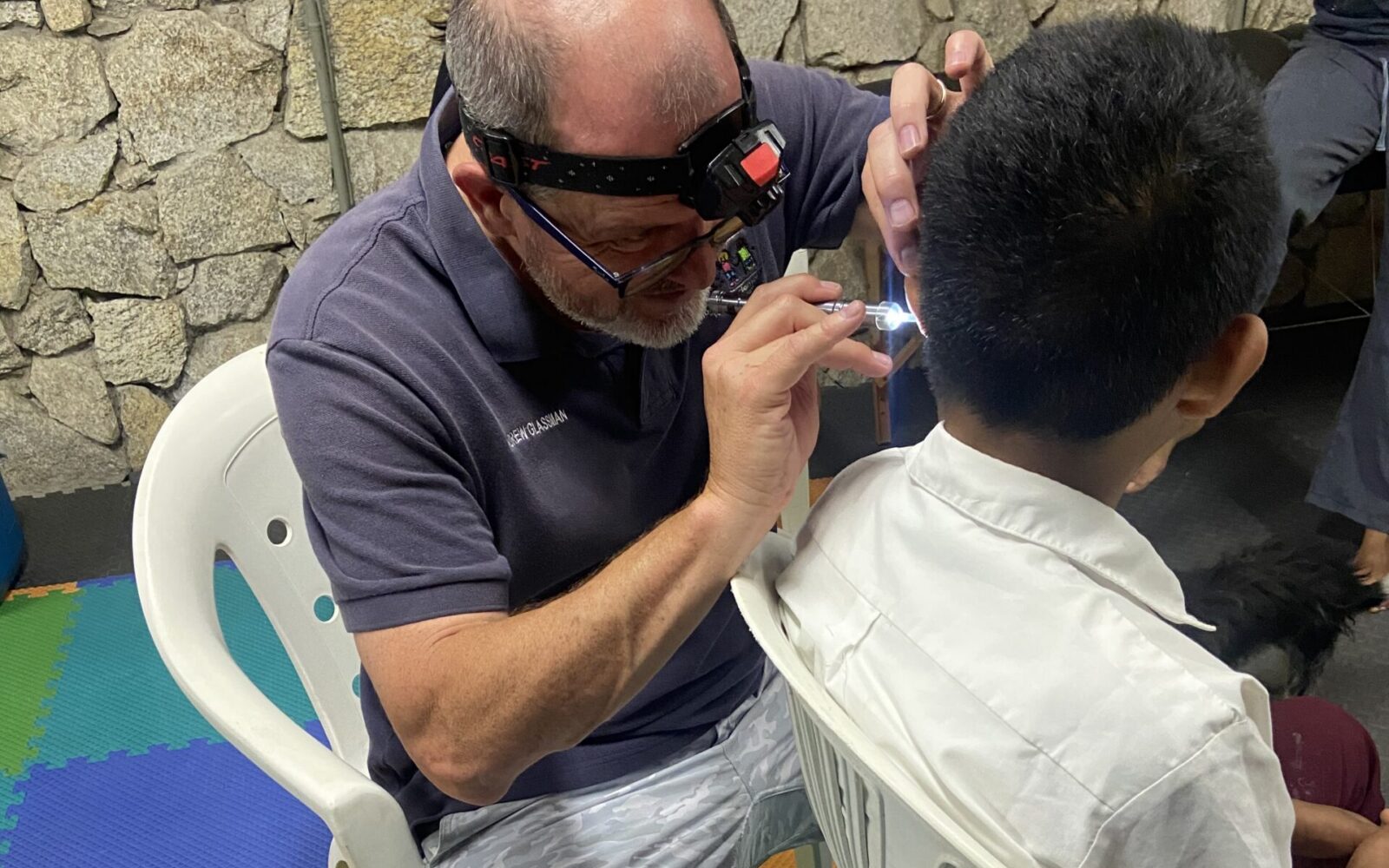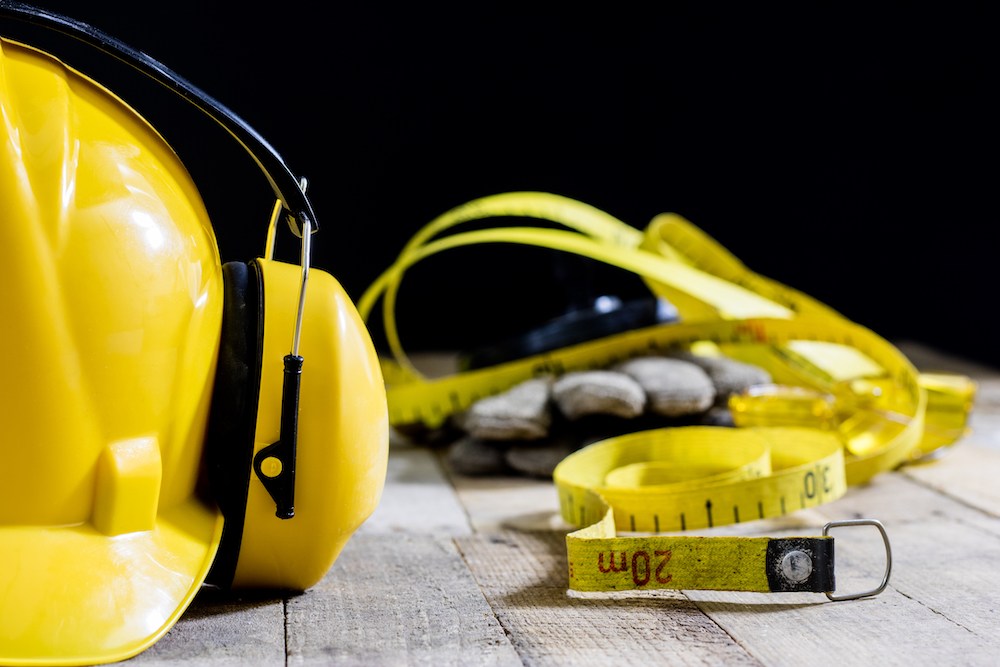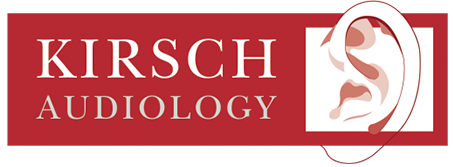Restoring Hearing, Changing Lives: Our Mission Trip to Huatulco, Mexico
This past year, our team had the privilege of partnering with The Lupita
An interview with Lyn Kirsch, Au.D.: In honor of Black History Month, CAA celebrates diversity of the audiology community in California.
Read More →

By: admin | February 24, 2024
Our health is often seen as a series of separate systems. We visit cardiologists for heart issues, optometrists for vision troubles and audiologists when our ears need attention. But what if these seemingly distinct parts were more intertwined than we realize? It’s common to think of hearing loss as an isolated issue, confined solely to the ears. However, this isn’t entirely accurate. In fact, emerging evidence suggests that hearing loss could potentially be a sign of cardiovascular issues.
This doesn’t mean every case of hearing loss signals heart trouble – but it does highlight the need to consider our health as a whole rather than in isolation. As you manage your hearing loss, understanding these connections can help you make informed decisions about your overall health.
The process of hearing begins with sound waves traveling through the air as fluctuations in air pressure. These waves are collected by the outer ear, which channels them into the ear canal with its funnel-like structure. As the waves traverse the ear canal, they reach the eardrum, a thin membrane that separates the outer ear from the middle ear. Upon reaching the eardrum, it vibrates, transmitting these vibrations to the ossicles, the tiny bones of the middle ear. Comprising the malleus, incus and stapes, these delicate bones play a pivotal role in amplifying and transmitting sound signals.
Upon reaching the inner ear, the vibrations from the ossicles cause movement in the fluid-filled cochlea, a spiral-shaped organ resembling a snail shell. Within the cochlea, over 25,000 hair cells respond to different frequencies of sound, with specific regions of the cochlea dedicated to low and high frequencies. As the fluid in the cochlea moves in response to sound vibrations, it triggers the hair cells to generate neural signals. These signals are then transmitted via the auditory nerve to the brain, where they are interpreted as meaningful sounds. This intricate process of auditory transduction facilitates the conversion of sound waves into neural impulses, enabling the brain to perceive and interpret sound.
Have you ever thought about the connection between your heart’s performance and your ability to hear? The answer lies in the essential role that blood flow plays in our hearing function. The inner ear, responsible for translating sounds into signals our brain can interpret, is a delicate structure. It requires a steady supply of oxygen-rich blood to function optimally. Any disruption in this flow, often due to poor cardiovascular health, can lead to issues with hearing.
Keeping your heart healthy is therefore not just beneficial for your overall health but also essential for maintaining good hearing. A balanced diet, regular exercise, and routine check-ups with your audiologist are some ways to ensure both your heart and ears stay in top shape.
The link between hearing loss and heart health is a significant step towards a more comprehensive understanding of our overall health. This connection, though not immediately apparent, has important implications for both prevention and treatment strategies.
Hearing loss and heart disease might seem unrelated, but research indicates otherwise. Studies have shown that poor cardiovascular health can affect the efficient flow of blood to the inner ear, which could lead to hearing loss. Keeping your heart healthy might also benefit your hearing in the long run.
Could your heart’s health be impacting your hearing? This question may seem unusual, but the connection between cardiovascular issues and hearing loss is worth considering. Cardiovascular problems can affect blood flow throughout the body, including to the inner ear. The inner ear is a sensitive structure that relies on a consistent supply of oxygen-rich blood. When heart issues disrupt this supply, it could potentially trigger hearing loss.
Understanding this relationship emphasizes the importance of taking care of your heart. Not only can good cardiovascular health support your overall health, but it may also help protect your hearing abilities.
Think of your body as a finely tuned orchestra. Just like how the rhythm of drums can influence the melody of a violin, changes in your hearing could potentially hint at heart problems. This doesn’t mean that every change in hearing is a sign of heart trouble, but it’s important to be aware of this connection.
The inner ear, similar to the violin in our orchestra analogy, requires a steady flow of oxygen-rich blood to perform its best. If there are changes in this flow due to heart issues, you might notice changes in your hearing. These changes could include sudden or gradual hearing loss, ringing or buzzing sounds, or difficulty understanding speech. Paying attention to changes in your hearing can be as important as noticing any chest discomfort or shortness of breath.
Hearing loss is often linked with various other health conditions, highlighting the intricate relationship between hearing health and overall well-being. One notable association is with cardiovascular issues, such as heart disease and high blood pressure. Research suggests that poor cardiovascular health can lead to compromised blood flow to the inner ear, resulting in damage to the delicate hair cells responsible for auditory function.
Similarly, diabetes has been identified as a risk factor for hearing loss. Elevated blood sugar levels over time can contribute to nerve damage, including the auditory nerve, affecting the transmission of sound signals from the ear to the brain. Additionally, certain medications used to manage diabetes may have ototoxic effects, further exacerbating hearing issues.
Another condition linked to hearing loss is chronic kidney disease. Kidneys play a crucial role in regulating fluid and electrolyte balance in the body. When kidney function is impaired, it can lead to fluid retention and imbalances, including within the inner ear. This disruption can affect the functioning of the cochlea and auditory nerve, contributing to hearing loss.
Autoimmune disorders like rheumatoid arthritis and lupus have been associated with hearing loss. In these conditions, the body’s immune system mistakenly attacks healthy tissues, including those in the inner ear. This autoimmune response can result in inflammation and damage to the auditory system, leading to varying degrees of hearing loss.
Transitioning to a healthier lifestyle involves integrating various practices that can positively impact both heart and hearing health. Making simple changes in daily habits, like embracing a balanced diet and engaging in regular exercise, can significantly enhance cardiovascular well-being and potentially preserve your hearing abilities. Prioritizing nutrient-rich foods like fruits, vegetables, whole grains and lean proteins nourishes the body while supporting heart function, reducing the risk of cardiovascular diseases that may affect hearing health.
Additionally, incorporating regular physical activity into daily routines serves as a key component in enhancing cardiovascular fitness and overall health. Activities like brisk walking, swimming, or cycling can strengthen the heart and improve circulation, fostering optimal oxygen delivery throughout the body, including the inner ear’s delicate structures. By prioritizing consistent exercise, individuals can fortify their cardiovascular system, mitigating the risk of conditions that may impact auditory function over time.
Ever wondered why it’s vital to regularly visit your audiologist? This might be a question you’ve brushed aside, but it’s worth giving some serious thought. Regular visits to your audiologist play a key role in maintaining your overall health. These check-ups are not only about managing your hearing loss, but they also serve as an opportunity to monitor any potential links between your hearing and heart health.
Also, these appointments allow your audiologist to detect any changes in your hearing at an early stage. Early detection can lead to more effective management strategies and prevent further deterioration of your hearing abilities. So, making time for these regular visits is an investment in both your ear and heart health.
During a hearing test, you’ll typically find yourself in a quiet environment, often in a soundproof booth or a small chamber to minimize external distractions. While wearing headphones or noise-canceling earmuffs, a series of tones, ranging from low to high frequencies, will be played to your ears. Your task is to signal or press a button whenever you hear a tone. It’s important to remember that if you can’t hear certain tones, that’s perfectly fine – the test aims to assess your hearing ability across different frequencies.
In addition to pure tone audiometry, which assesses your ability to hear tones, you may also undergo speech audiometry. This involves listening to human speech at various volumes and pitches and signaling when you hear the speaker. Some variations of this test may require you to repeat back the speech you hear, adding another layer of assessment. Another test often conducted is tympanometry, which measures your ear’s response to changes in air pressure using physical bursts of air.
After completing the hearing tests, you’ll have a consultation with an audiologist to discuss the results. They will interpret the results, often depicted in an audiogram, which graphically represents your hearing thresholds across different frequencies. Depending on the outcome, they will provide insights into your hearing health and any necessary recommendations or interventions to address any hearing loss detected.
Recognizing the connection between your heart and hearing health is a significant step towards overall health. It’s clear that caring for one can have positive effects on the other. If you’re experiencing changes in your hearing, it might be more than just an isolated issue – it could potentially be a sign of cardiovascular problems.
Your body works as a cohesive unit, with each system impacting the others in ways we are only beginning to fully understand. By prioritizing regular check-ups with professionals like our team here at Kirsch Audiology, you’re not just investing in your hearing or heart health alone but contributing positively towards comprehensive wellness.
Don’t ignore these signs. Our team of dedicated specialists are ready to assist with any concerns about your hearing health and its possible links to cardiovascular issues. We encourage you to contact us at our Santa Monica, CA location at (310) 586-5533 for more information or to schedule a consultation.

This past year, our team had the privilege of partnering with The Lupita
By: admin | January 29, 2026

Fall festivals bring live music, crowded spaces and loudspeakers that can
By: admin | October 20, 2025

Getting hearing aids fitted properly can be tricky because your
By: admin | July 29, 2025
